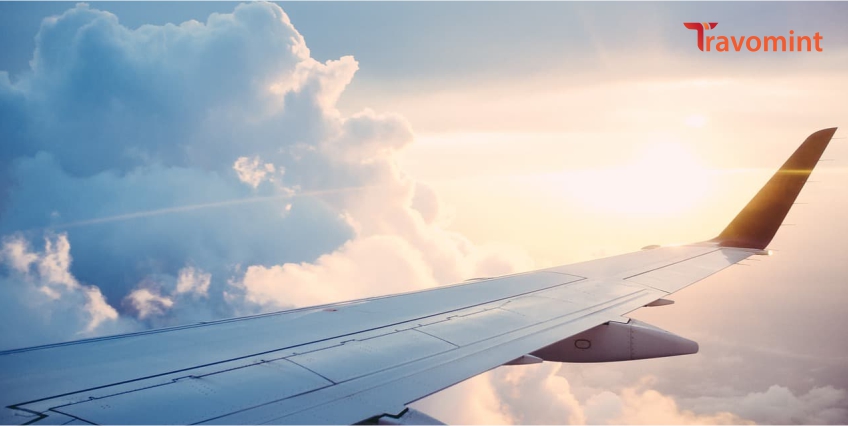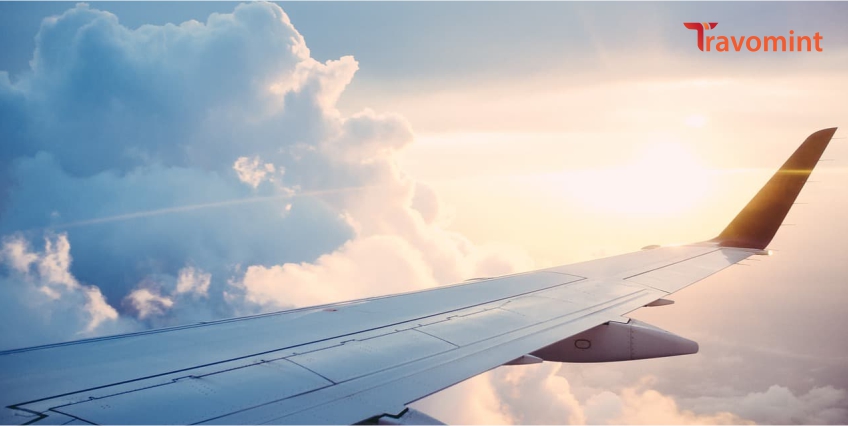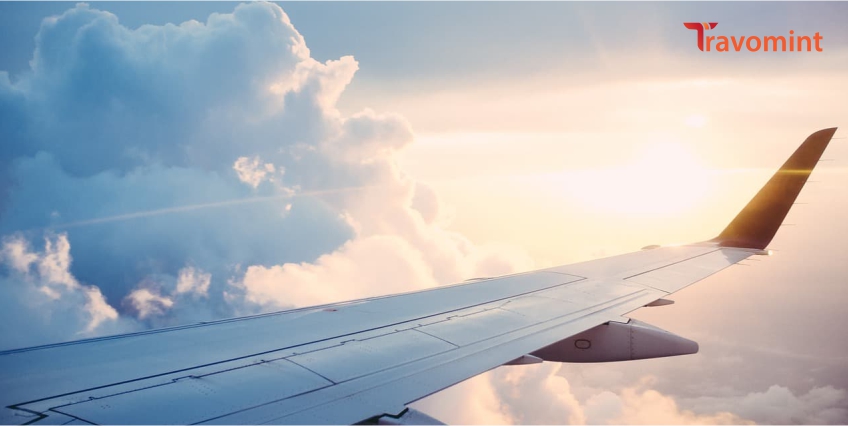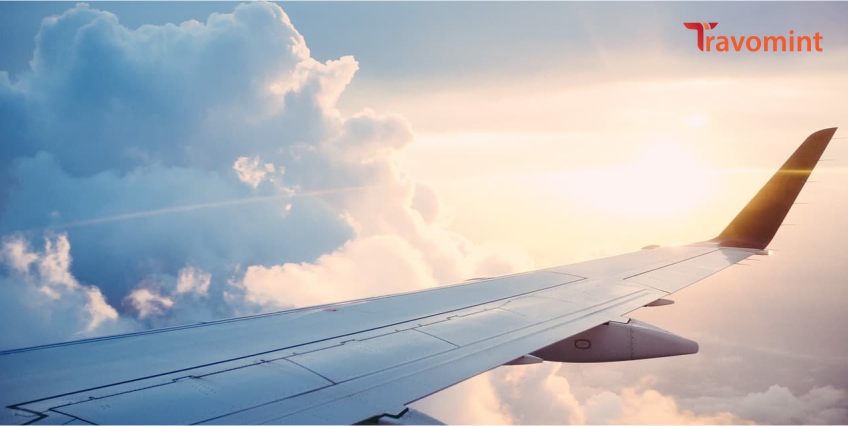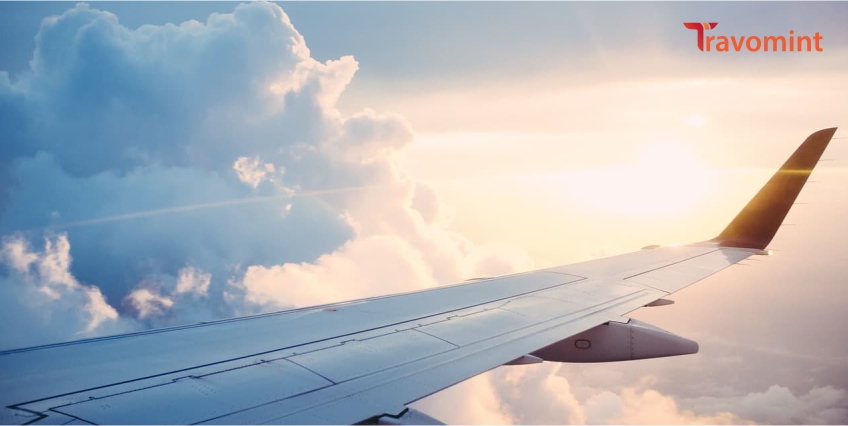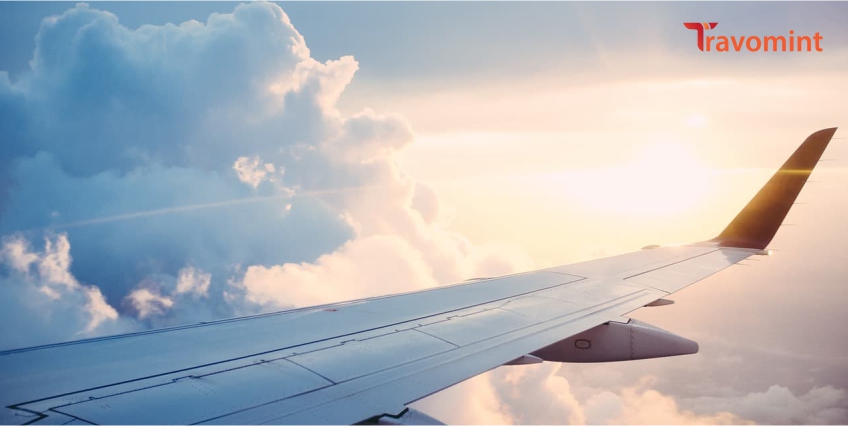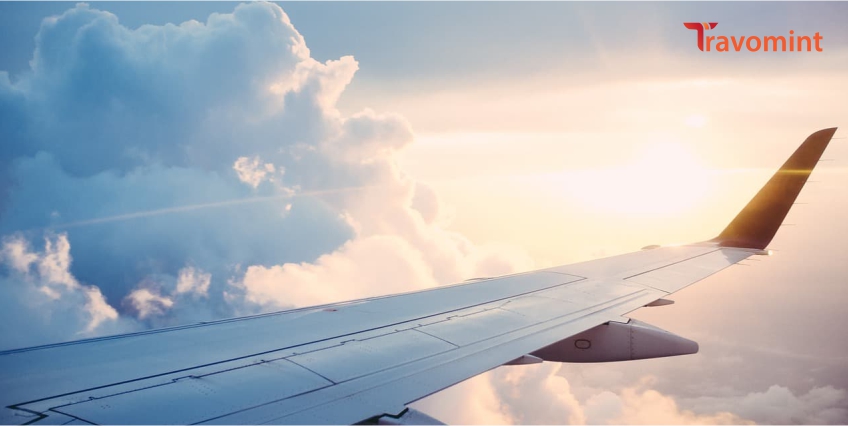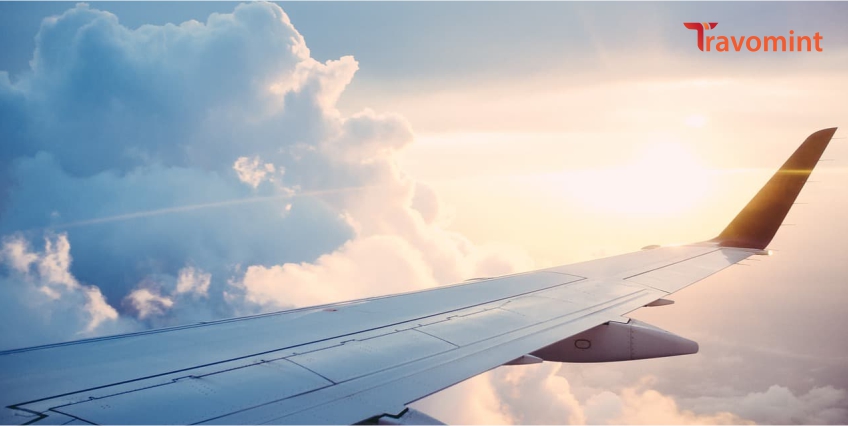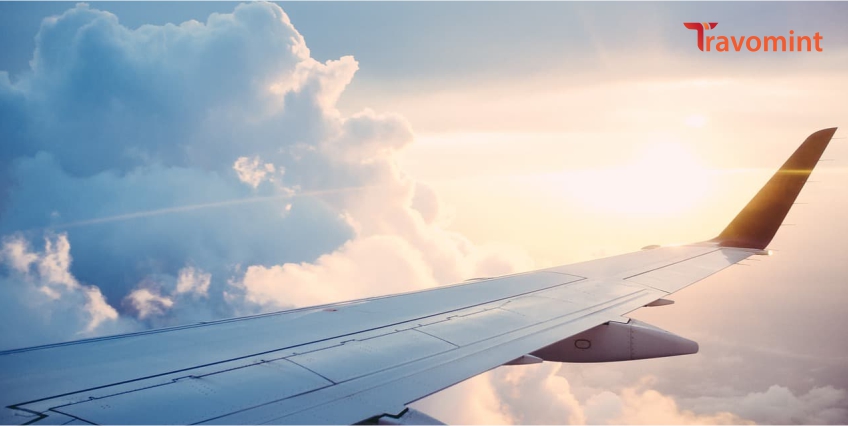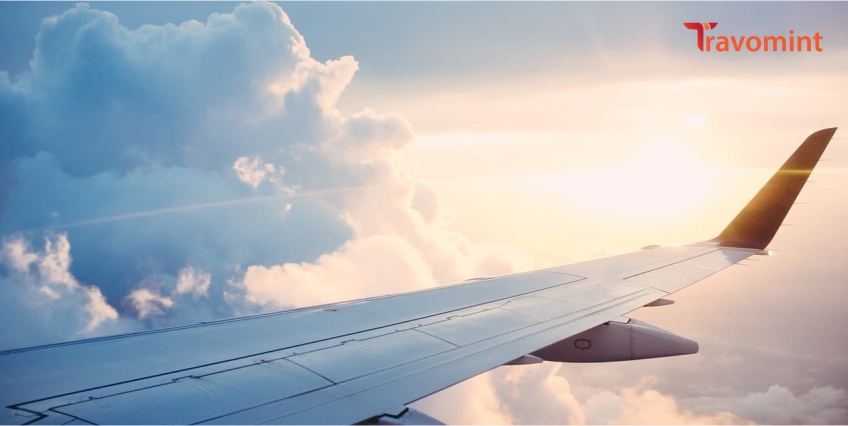- 06 Dec, 2024
Korean Air merge with Asiana Air
Korean Air expects to complete its long-awaited purchase of the local South Korean rival, Asiana Airlines. The company hopes to receive the final antitrust approval from United States regulators during the second week of December 2024. The purchase will be finalized within the following, creating one of the largest airline groups in Asia.
To handle competition concerns, Korean Air agreed to divest Asiana's global cargo freighter business and reallocate resources to enable T'Way Airlines to operate on key routes like Seoul to Paris, Barcelona, Rome, and Frankfurt. These commitments, which are approved by the European Commission, ensure effective competition in passenger and cargo services between South Korea and the European Economic Area.
The European Commission approved the Korean Air and Asiana merger on February 13, 2024, under strict conditions to ensure fair competition for both airlines in South Korea's aviation sector to provide passengers and cargo services between South Korea and Europe. This merger seems to strengthen Korean Air's ability to streamline management market balance. The investment is valued at 1.6 billion, and the combined entity is expected to hold a 50% share of the local market.
Signaling that the approval of the US Department of Justice, the last obstacle to be overcome, should be received within the coming days on December 3, 2024. The Korean Air brought forward the date when it will officially become the majority shareholder of the Asiana to December 11, 2024. And it will take the share of approximately 63.9%. The United States DOJ has yet to comment on the deal or the timetable being discussed by Korean Air. Once the deal is finalized, Korean Air intends to consolidate the budget carriers of the newly enlarged airline group under their own Jin Air brand. Combining Korean Air's Jin Air with the low-cost subsidiaries of Asiana Airlines and Air Seoul could potentially form a low-cost carrier bigger than Korea's current largest budget airline players in the state of Jeju Air and T'way Air.
Korean Air established Jin Air in January 2008, and it is now the country's largest low-cost airline. It operates a fleet of 31 aircraft, including 19 737-800s, 737-900s, five B737 MAX 8s, and four B777-200ERs.
This concludes that the Air Busan and Air Seoul brands are set to disappear entirely from the Korean aviation scene following the merger. The airline group will then be Korean Air as its only full-service carrier, with an enlarged Jin Air being its budget offshoot. Jin Air, concurrently with Asiana's Air Busan and the Air Seoul, will be unified underneath a single Jin Air brand, " a Korean Air representative revealed to Reuters. Asiana Airlines launched the Air Busan Airlines in August 2007 as the Busan International Airlines. It was rebranded into Air Busan in the February 2008. Today, Air Busan operates a fleet of 22 aircraft- five Airbus A320s, nine A321s, and eight A321neos, according to ch-aviation. It serves around 29 destinations across 13 countries. The Air Sseoul was also launched by Asiana Airlines in April 2015 and operates a fleet comprising six A321s serving 12 destinations across five countries.
Future Implications for South Korea's Aviation
This merger denotes a decisive shift in the South Korean aviation sector. The increased market share and operational superiority place Korean Air in a stronger position to dominate regional and international markets. This agreement is expected to foster innovation within South Korea's aviation industry, improving its global leadership. As the merged company expands, the passengers will benefit from more competitive services, increased routes, and improved overall connectivity. However, Korean Air is still awaiting approval from the U.S. Department of Justice, which is a critical step in the finalization of the merger.
